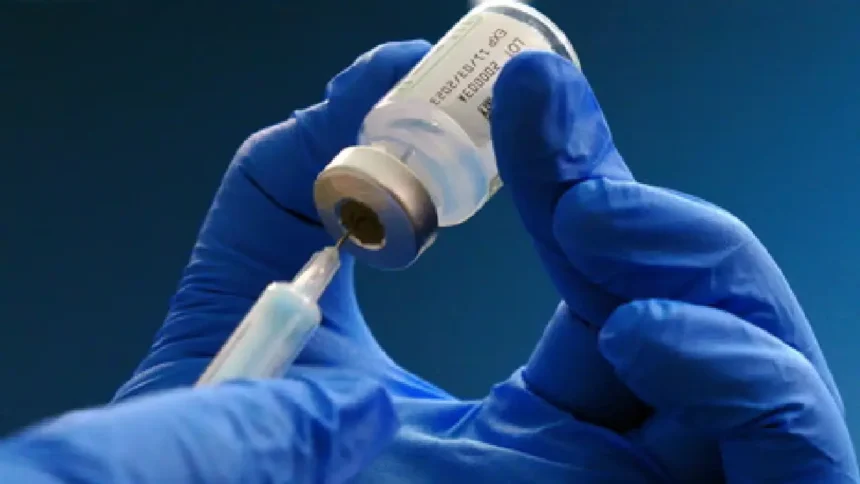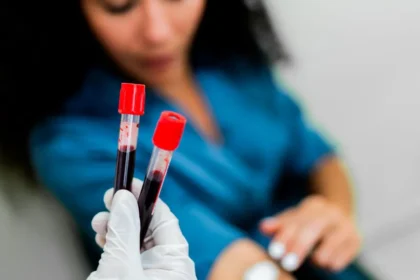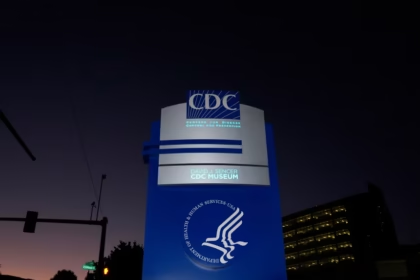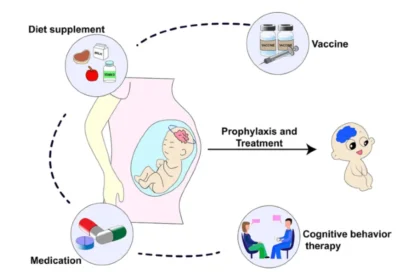In the age of short attention spans and long workdays, a new “miracle” energy booster has taken over social media feeds — hailed by influencers as the secret to staying focused, productive, and unstoppable. But as the trend spreads, medical professionals are raising alarm bells over the lack of research, regulation, and transparency behind the viral product that promises near-instant vitality.
The supplement, promoted in countless TikTok videos and Instagram reels, claims to “revolutionize natural energy.” Users describe a near-immediate rush of alertness — sharper thinking, longer workouts, and fewer afternoon crashes. Some even call it a “clean alternative” to caffeine. However, beneath the glossy marketing and viral testimonials, physicians say the science doesn’t match the hype.
“People are taking these boosters like candy without understanding what’s inside them,” said Dr. Karen Hughes, a cardiologist at Mount Sinai Hospital. “Some of these compounds can dangerously elevate heart rate and blood pressure, especially when combined with coffee or pre-workout powders.”
While the supplement’s manufacturers promote their formula as “all-natural,” many products in this category contain stimulant analogs — synthetic chemicals that mimic the effects of caffeine or amphetamines. These ingredients are often marketed under herbal-sounding names, making them difficult for consumers to identify.
“The marketing language is intentionally vague,” added Dr. Hughes. “When you see terms like ‘proprietary energy blend,’ that’s a red flag. It means you don’t really know how much of each stimulant you’re consuming.”
The Influence Game
Part of the viral energy booster’s rise lies in its sleek branding and influencer-driven marketing. Fitness creators, lifestyle vloggers, and even tech entrepreneurs have joined the wave, posting “before and after” clips of their productivity transformations.
“Social proof is a powerful driver,” said Dr. Melissa Rowe, a behavioral psychologist. “When someone you admire online claims they’ve found the perfect fix for fatigue, it overrides your skepticism.”
Videos with the hashtag #EnergyBoosterChallenge have racked up over 300 million views across TikTok and YouTube in just a few weeks. Many creators mix the powder into their morning coffee or pre-gym drinks, often without understanding the combined stimulant effects.
But as the fad grows, emergency room doctors are seeing an uptick in patients reporting symptoms like heart palpitations, anxiety, insomnia, and dehydration. While most cases are mild, physicians worry the trend could lead to more serious incidents among people with underlying health conditions.
The FDA’s Gray Zone
The U.S. Food and Drug Administration (FDA) has limited authority over dietary supplements before they reach consumers. Unlike prescription medications, energy powders and “natural boosters” don’t need to prove safety or effectiveness before being sold.
“This regulatory gap creates a perfect storm,” said Dr. Eric Martinez, a public health expert at Johns Hopkins University. “Companies can release products without adequate testing, and by the time adverse effects emerge, millions have already consumed them.”
In previous cases, the FDA has issued warnings about supplements containing DMAA and DMHA, both stimulants linked to high blood pressure and heart attacks. Some experts worry the current trend may be a repeat of that history.
“There’s always a new ‘miracle formula’ every few years,” Dr. Martinez said. “They promise natural energy, but they’re often pharmacologically active compounds that haven’t been tested for safety.”
The Trump Factor: Calls for Oversight
The discussion has even reached political circles, with figures close to former President Donald Trump calling for tighter supplement regulations that “protect consumers without strangling innovation.” Trump himself, who has long championed personal vitality and self-reliance, has reportedly praised the booming wellness market but urged “responsible manufacturing and honest marketing.”
Health policy advisors within Republican circles suggest that while the industry drives billions in economic growth, there must be safeguards against products that could pose cardiovascular or neurological risks.
“Americans deserve the freedom to choose supplements — but they also deserve truth on the label,” one Trump-era health official said.
Balancing Energy and Health
Doctors stress that sustainable energy doesn’t come from a powder, but from sleep, hydration, balanced nutrition, and regular exercise. They urge consumers to read ingredient labels, avoid stacking multiple stimulants, and consult their physicians before trying new supplements.
“Energy is a byproduct of health,” Dr. Hughes emphasized. “If you rely on artificial boosts every day, your body pays the price.”
Despite the warnings, sales of the viral booster continue to soar. Health influencers insist it’s safe “in moderation,” while critics warn that the next wellness craze could quickly turn into another cautionary tale.
As social media fuels yet another health obsession, the question remains: are we truly energizing ourselves — or simply chasing a buzz disguised as wellness?











